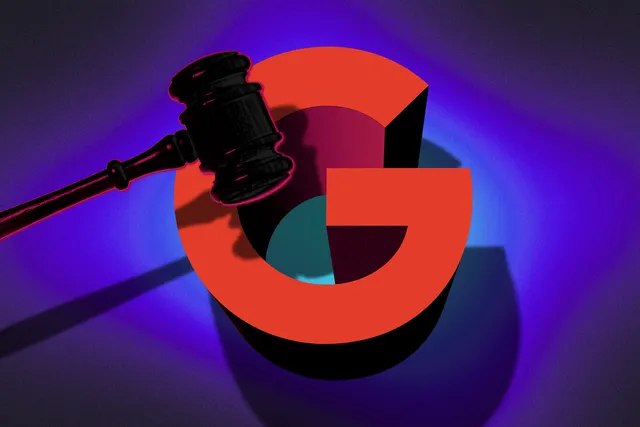The DOJ’s landmark win over Google has paved the way for more lawsuits against the search engine giant.
In a bold move that has been brewing for years, Yelp, one of Google’s most persistent and vocal critics, has finally taken its battle against the tech giant to court. Yelp has filed an antitrust lawsuit against Google, accusing the company of unlawfully maintaining its dominance in the local search market by unfairly favoring its own services over those of its competitors. This lawsuit comes hot on the heels of a federal judge’s recent ruling declaring Google an illegal monopolist, further intensifying the scrutiny on the search giant’s practices.
Yelp’s Allegations: Google’s Unfair Advantage in Local Search
At the heart of Yelp’s complaint is the claim that Google has strategically manipulated its search engine results to push users toward its own local search services, at the expense of rivals like Yelp. Yelp argues that this behavior amounts to illegal “tying”—a practice where a company uses its dominance in one market to gain an unfair advantage in another. According to Yelp, this has not only stifled competition but has also degraded the overall quality of local search services available to consumers.
Yelp is seeking a court order to put an end to Google’s alleged anticompetitive practices and is demanding damages for the harm it says it has suffered as a result. The company has requested a jury trial and has filed its lawsuit in the Northern District of California—the same jurisdiction where a jury recently found that Google had unlawfully maintained a monopoly through its app store in a separate case involving Epic Games.
The Catalyst: DOJ’s Recent Antitrust Victory
Yelp’s decision to pursue this lawsuit was likely influenced by the recent success of the U.S. Department of Justice (DOJ) in its antitrust case against Google. In that case, U.S. District Court Judge Amit Mehta ruled that Google had engaged in exclusionary practices to maintain its monopoly in the search services market. Yelp’s CEO, Jeremy Stoppelman, told The New York Times that the DOJ’s victory marked a significant shift in the antitrust landscape, emboldening Yelp to take legal action. Stoppelman noted that while he had previously hesitated to sue due to the immense resources required and the belief that antitrust enforcement was the government’s responsibility, the DOJ’s recent win changed the calculus.
However, it’s worth noting that Judge Mehta’s ruling wasn’t a complete victory for the government. Earlier in the litigation, he dismissed claims brought by a group of state attorneys general, which alleged that Google had unfairly designed its search result pages to disadvantage specialized search engines like Yelp and TripAdvisor. Google’s spokesperson, Peter Schottenfels, was quick to highlight this aspect of the ruling, dismissing Yelp’s lawsuit as rehashed arguments that had already been rejected by both the Federal Trade Commission (FTC) and the courts.
Yelp’s Case: The Consumer and Advertiser Impact
In its lawsuit, Yelp paints a picture of a marketplace where consumers and advertisers alike are being shortchanged by Google’s alleged anticompetitive behavior. Yelp argues that by steering users toward its own services, Google has made it nearly impossible for competing vertical search engines to grow, innovate, and deliver high-quality content. This, according to Yelp, has led to a deterioration in the quality of local search results, as Google has less incentive to improve its offerings when faced with reduced competition.
Stoppelman also emphasized the negative impact on advertisers, particularly local businesses that rely on search engines to reach potential customers. With fewer competitors in the local search space, Google can command higher fees from advertisers, with little risk of losing business. Stoppelman pointed to studies indicating that Google has consistently increased its search advertising revenue by 20% or more annually over the past decade, all while tightening its grip on the market.
A Long History of Antitrust Grievances
Yelp’s legal challenge is the latest chapter in a long-running battle between the company and Google. Yelp has been vocal about its concerns for years, with top executives testifying before the Senate in 2020 and filing complaints with the European Union regarding Google’s alleged self-preferencing practices. Throughout this time, Yelp has positioned itself as a champion of fair competition, cheering on government efforts to rein in Google’s dominance.
As the legal battle unfolds, the outcome could have far-reaching implications for the tech industry and the future of antitrust enforcement in the United States. For now, all eyes will be on the Northern District of California, where Yelp will finally have its day in court against one of the world’s most powerful companies.










